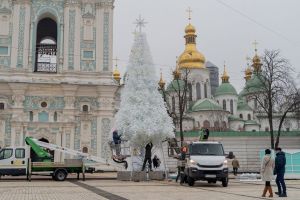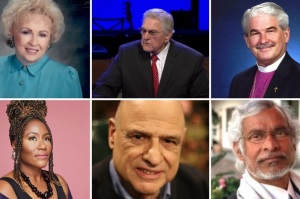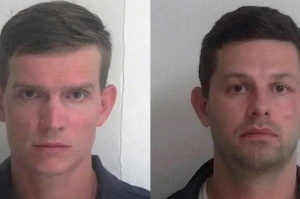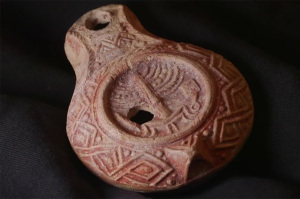Trump admin. honors ‘heroes’ of Tiananmen Square protests, denounces Chinese gov’t’s ‘new wave of abuses’
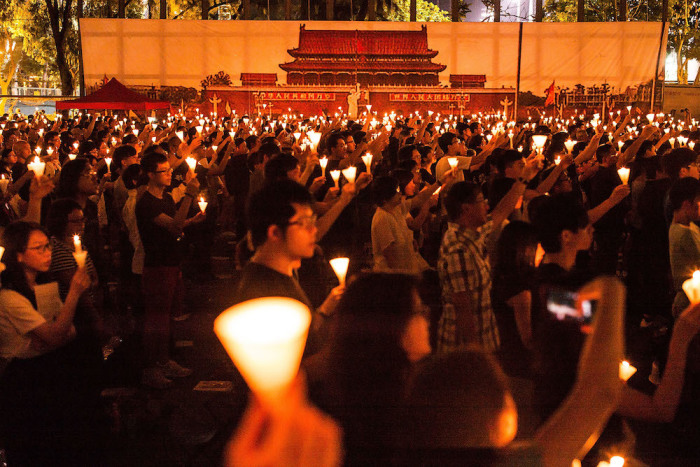
Secretary of State Mike Pompeo released a statement in memory of the 30th anniversary of the Tiananmen Square protests, honoring the protesters while denouncing the current Chinese Communist regime.
“We express our deep sorrow to the families still grieving their lost loved ones, including the courageous Tiananmen Mothers, who have never stopped seeking accountability, despite great personal risk," Pompeo said in a statement released Monday. "The events of thirty years ago still stir our conscience, and the conscience of freedom-loving people around the world.
“We salute the heroes of the Chinese people who bravely stood up thirty years ago in Tiananmen Square to demand their rights. Their exemplary courage has served as an inspiration to future generations calling for freedom and democracy around the world, beginning with the fall of the Berlin Wall and the end of communism in Eastern Europe in the months that followed.”
Pompeo went on to denounce the Chinese government, both for their violent crackdown on the protesters back in 1989 and for what the secretary of state labeled a “new wave of abuses.”
“Today, Chinese citizens have been subjected to a new wave of abuses, especially in Xinjiang, where the Communist Party leadership is methodically attempting to strangle Uighur culture and stamp out the Islamic faith, including through the detention of more than one million members of Muslim minority groups,” he stated.
“Even as the party builds a powerful surveillance state, ordinary Chinese citizens continue to seek to exercise their human rights, organize independent unions, pursue justice through the legal system, and simply express their views, for which many are punished, jailed, and even tortured.”
In response, the Chinese Embassy in Washington, D.C., issued a statement denouncing Pompeo’s comments, calling them “an affront to the Chinese people” and stemming from “prejudice and arrogance.”
“Whoever [attempts] to patronize and bully the Chinese people in any name, or preach a 'clash of civilizations' to resist the trend of times will never succeed,” said the embassy, as reported by CBS News.
Chinese Foreign Ministry spokesman Geng Shuang also took issue with Pompeo’s statement, claiming that it “maliciously attacks China's political system, denigrates the state of China's human rights and religious affairs, wantonly criticizes China's Xinjiang policy and severely interferes in China's domestic affairs.”
In May 1989, approximately one million Chinese, most of whom were students, gathered at Tiananmen Square to protest for greater democratic representation in the Communist country.
In early June, after weeks of demonstrations, the Chinese police and military entered the Square and violently put down the protests, with thousands believed to have died in the violence.
One of the iconic images from the well-documented events was that of an unknown figure commonly called “Tank Man,” who stood in front of a line of tanks and eventually even climbed onto one of them.
Arielle Del Turco, research assistant at Family Reseach Council, noted that even today Chinese officials defend their actions from 30 years ago.
"The events at Tiananmen Square merely reflected the willingness of the Chinese Communist Party to put their ideology above the welfare, freedom, and even the lives of its own people," Turco wrote. "This sentiment has continued to grow within the Chinese government, and it has had tragic consequences for Chinese residents—especially those who wish to choose and live out a faith not approved by the communist regime.
"China’s decades-long crackdown on Christians is continuing and it’s only getting worse."
The United States Commission on International Religious Freedom called on the U.S. government on Tuesday to impose sanctions on Chinese officials over severe religious freedom violations.
“Unfortunately, the events of June 4, 1989 proved to be a harbinger of the Chinese government’s willingness to trample on the rights of millions of its citizens, including religious believers,” said USCIRF Chair Tenzin Dorjee in a statement.
“Today the Chinese government is detaining millions of mostly Uighur Muslims, imposing intrusive surveillance on houses of worship such as Tibetan monasteries, mosques, and churches, raiding hundreds of Christian house churches, and attempting to eradicate the Falun Gong and other religious groups it has banned.
“These flagrant violations of the fundamental rights and dignity of millions of people cannot go unanswered."
















